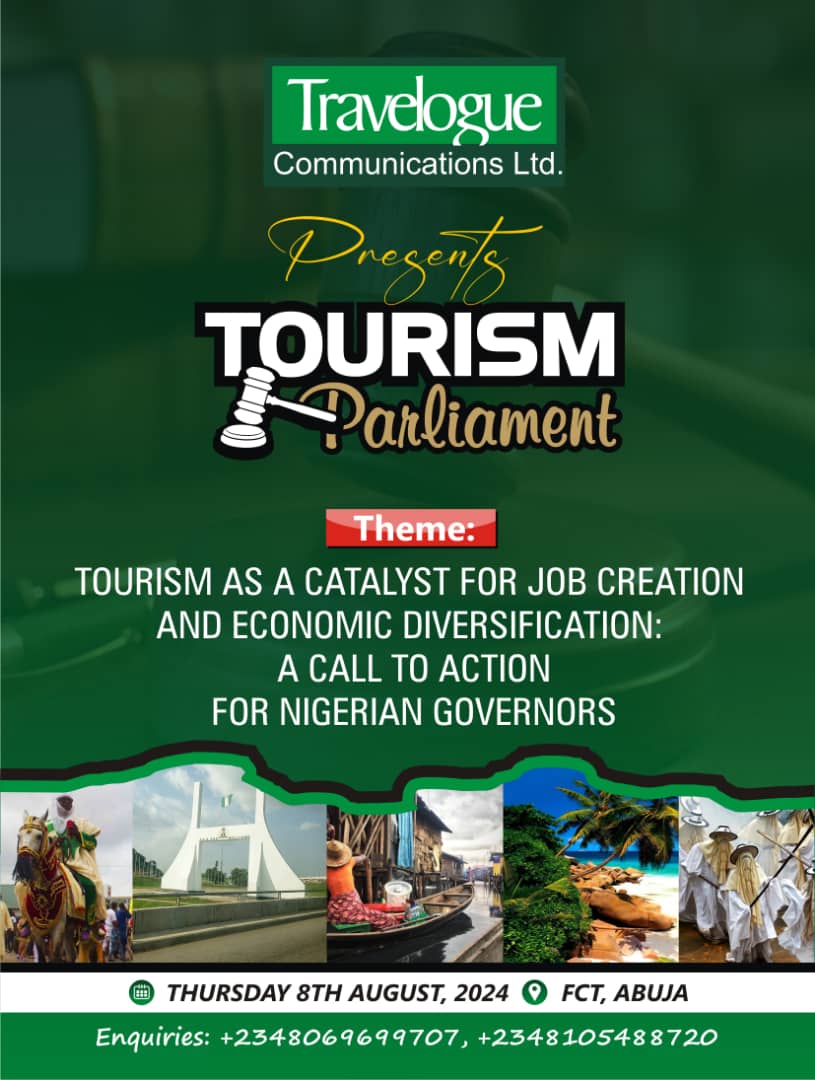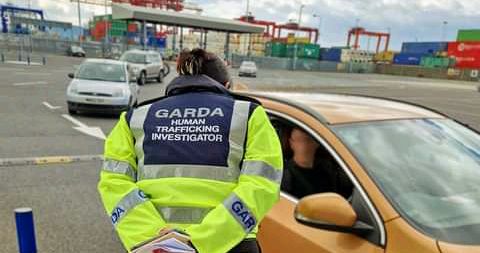The United States Secretary of States, Antony Blinken has disclosed that around the globe, an estimated 27 million people are exploited for labor, services, and commercial sex, adding that through force, fraud, and coercion, they are made to toil in fields and factories, in restaurants and residences.
Secretary of State made this disclosure while giving his remark on Monday at the Release of the 2024 Trafficking in Persons Report, a comprehensive, objective assessment of the state of antitrafficking efforts across 188 countries and territories, including United States.
The Secretary emphasized that human trafficking is a stain on the conscience of the society, adding that it fuels crime, corruption, and violence and distorts the economies and harms the workers, also violates the fundamental right of all people to be free.
He said for more than two decades, this report has documented emerging trends, highlighted areas of progress and setback, identified effective initiatives combatting human trafficking.
Blinken stated that the 2024 report examines in depth one of those emerging practices, the growing role of digital technology in trafficking, adding that around the world, trafficking networks target, recruit victims online through social media, dating apps and gaming platforms.
He said, “Perpetrators conduct financial transactions in opaque cryptocurrencies. They use encryption to make it harder to detect their activities or ascertain countries where they’re operating. And increasingly, traffickers coerce their victims into participating in online scams. Citing an example of this, Blinken said traffickers used fake job listings to lure individuals away from their homes with the promise of well-paying jobs and instead, they were taken to isolated, guarded compound in Burma, where their phones were confiscated.
Citing an example of this, Blinken said traffickers used fake job listings to lure individuals away from their homes with the promise of well-paying jobs and instead, they were taken to isolated, guarded compound in Burma, where their phones were confiscated.
“There, captives were forced to swindle people online, including American citizens – swindling them into investing in the fake cryptocurrencies, typically through romance scams”, the Secretary of State added.
According to him, “One trafficking survivor, a chemical engineer from India, told a reporter that he was locked in a cell and starved until he agreed to take part in the scams. This practice of combining human trafficking with cyber scamming is becoming more and more common”.
The Secretary said, “Now, social media can reinforce stereotypes about who can be a victim of trafficking – including along lines of gender, race, ethnicity, and class, like the false but widely held notion that trafficking only affects women and girls.  “These misconceptions limit the ability of communities, of authorities, and even victims themselves to recognize abuse as it’s happening”, Blinken added.
“These misconceptions limit the ability of communities, of authorities, and even victims themselves to recognize abuse as it’s happening”, Blinken added.
US Secretary stated further that this year’s report shows how some of these same technologies can be deployed to uncover and disrupt trafficking and can help better hold perpetrators accountable. “Civil society and the private sector are collaborating to create and apply AI-enabled tools that detect trafficking operations.
“Here again, an example. Tech Against Trafficking, a coalition of leading tech companies and antitrafficking NGOs, is developing machine learning initiatives that address emerging trafficking trends and tactics.
“This allows advocates and governments to identify and share new vulnerabilities, as well as to more effectively track down and prosecute trafficking schemes, all the while preserving the anonymity of the victims”.
He noted that civil society groups are rolling out mobile apps to provide vulnerable individuals and groups with information about their rights, as well as about the wages, the labor conditions offered by potential employers.
“Other digital tools empower workers to document and report trafficking. In Brazil, the State Department assisted a trade union that represents millions of rural coffee workers to set up a help line on WhatsApp where laborers can report abuses and get the support they need.
“Governments are integrating digital technology into their antitrafficking efforts. Canada, for example, worked with major financial institutions through Project PROTECT, a public-private partnership that reviews suspicious transactions to identify the potential laundering of money from trafficking”.
Blinken said trafficking is the very definition of a problem that no one nation can solve alone. “More than ever, we have to work not only with governments but along with the private sector, civil society, multinational organizations, citizens, and survivorswho understand the complex challenge”.
US Secretary honored ten people working to combat human trafficking around the globe, who are courageous individuals driving the change in the face of daunting obstacles, often at great personal risk.
“I also want to recognize our TIP Report Heroes who have been essential partners in this work. For the past 20 years, Department of State has honored more than 170 such champions of human dignity, decency from over 90 countries, survivors, govt leaders, law enforcement officials, lawyers, social workers”.











